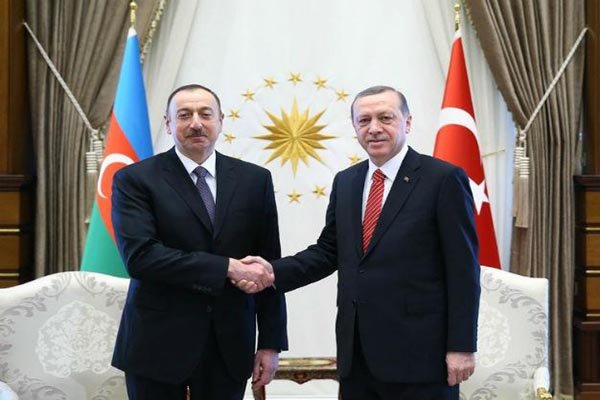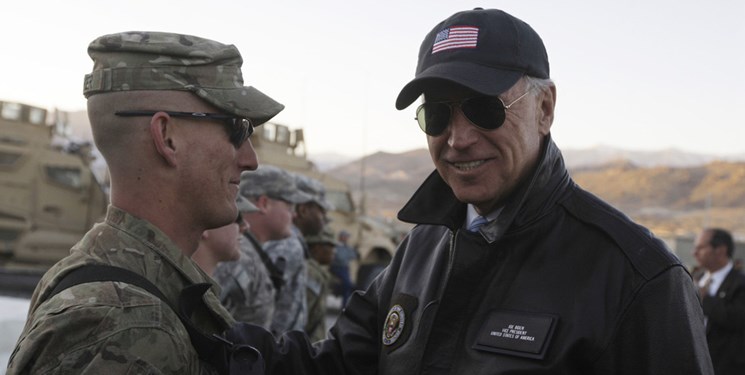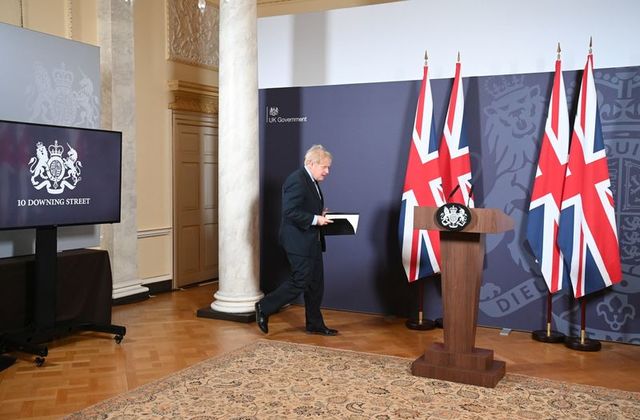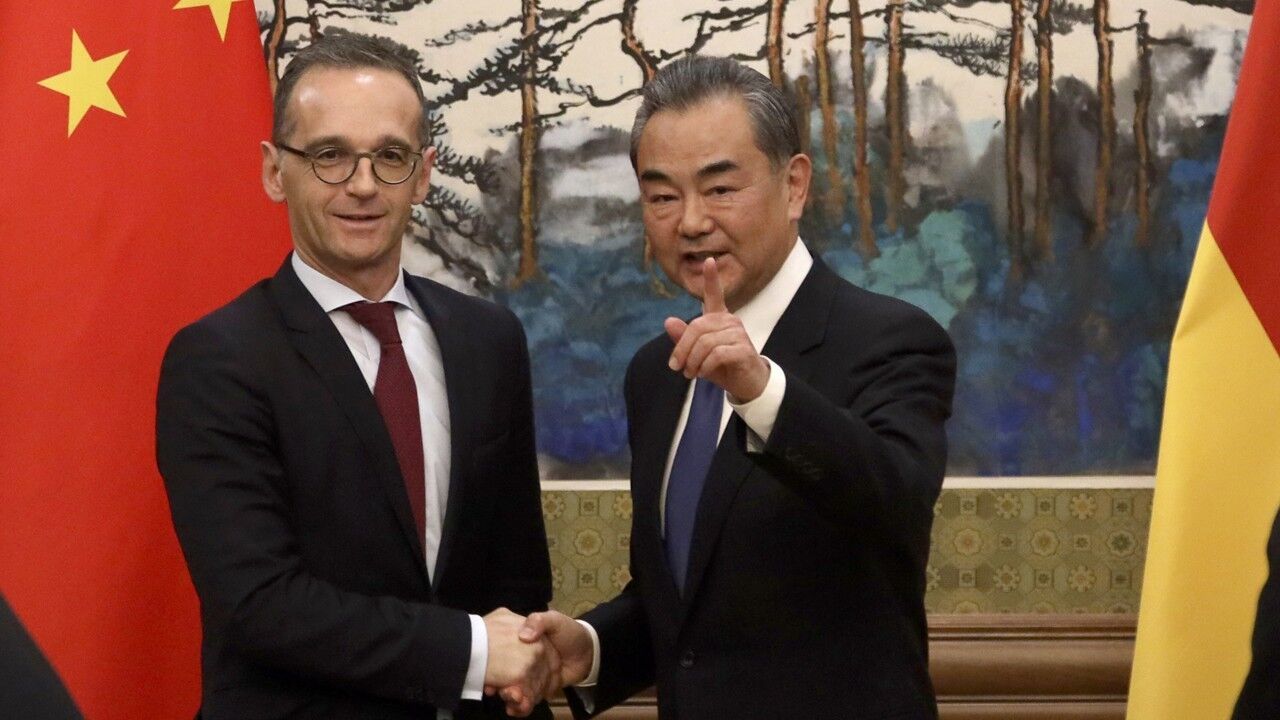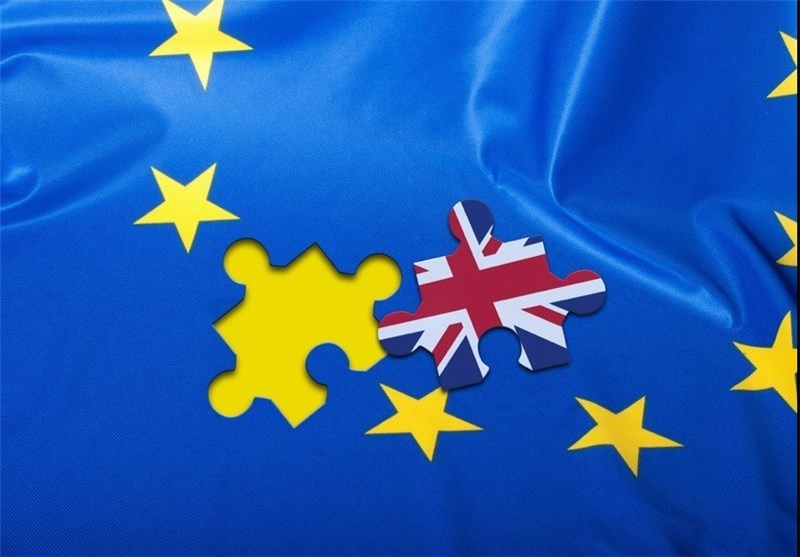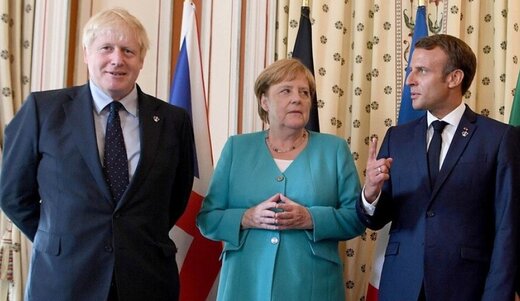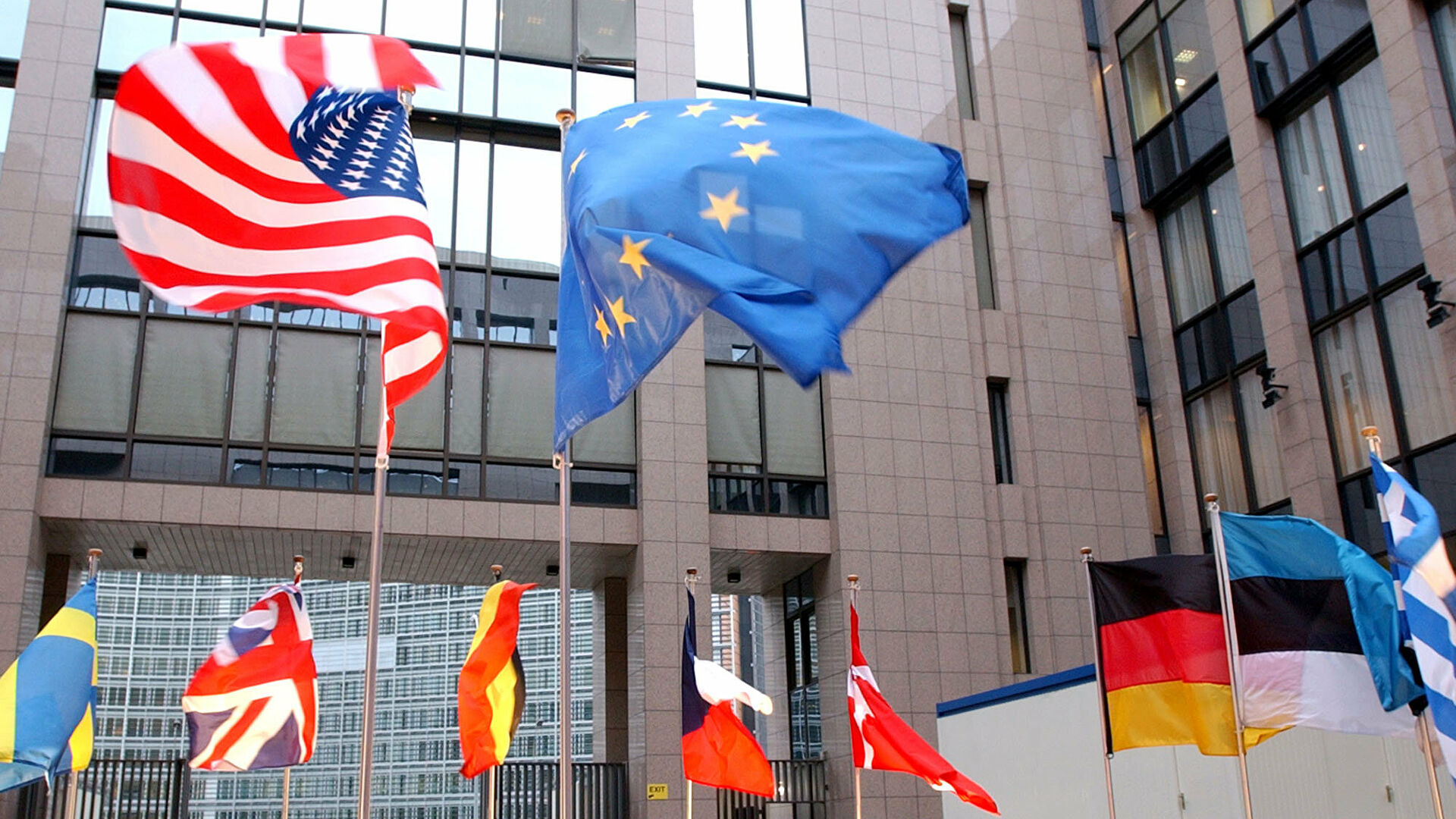An Analysis on Military Confrontation between Iran and the Zionist Regime
Strategic Council Online – Interview: An expert on West Asian issues said: In the last hours of April 14, the Islamic Republic of Iran launched a missile and drone attack against the Occupied Territories, which continued until the next morning. This was despite Iran’s prior notification to some regional and transregional countries about the certainty of our country’s response and military action; America and Israel could not prevent this attack.









